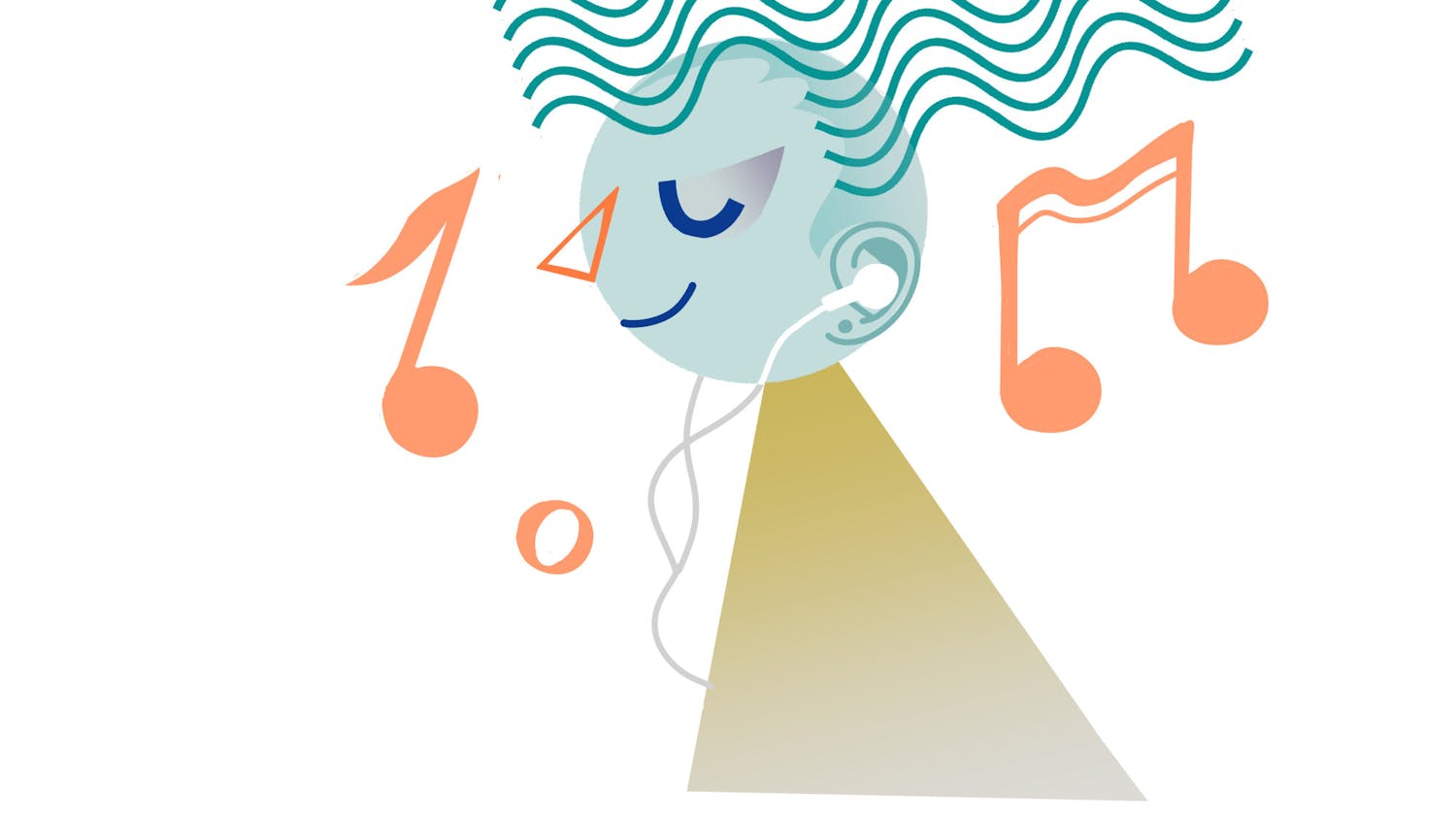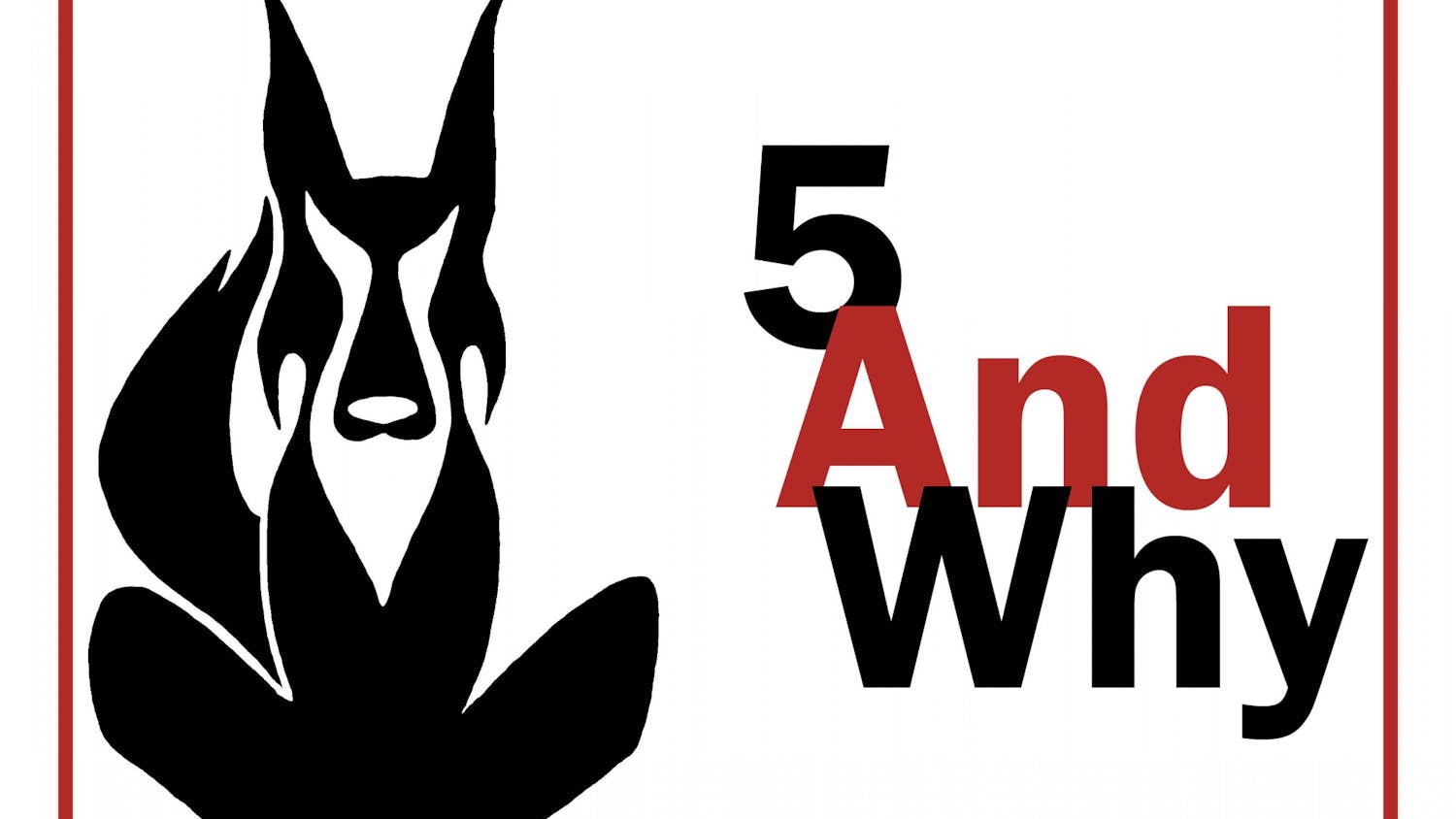pri·va·cy, [prahy-vuh-see; Brit. also priv-uh-see]
–noun, plural -cies.
1. the state of being private; retirement or seclusion.
2. the state of being free from intrusion or disturbance in one’s private life or affairs.
These days, the only way to ensure that you have online privacy is to take action and stay engaged before, during and after you are online.
For many of us, that means all the time.
By now, most Facebook, MySpace and Twitter users know to keep their profiles private and to not publish their class schedules or information on their whereabouts. Even posting or tweeting about a party is enough to tell some online “friends” that your apartment or dorm might not be occupied. And with GPS technology, it won’t be uncommon for “friends” to soon be able to tell exactly where you are (or aren’t).
But what about when you are actually online and browsing the web, or perusing the latest YouTube video that has gone viral? If you don’t have your browser privacy parameters set properly, and if you don’t run several cleanup utilities daily, your online “comings and goings” may not be as private as you think.
If you haven’t taken the time to control the way your browser handles web or browser cookies, odds are there are many websites and organizations that know where you’ve been browsing. Many websites use cookies to track web browsing behavior (much like some companies use sensors under the carpet to track how and where consumers walk through their stores.) And if someone is “sniffing” the network, particularly on unencrypted public Wi-Fi networks, cookies can be intercepted and read by others.
Worse, cookies can be tampered with, and such cookie poisoning can be used to make an online attack persistent. Then again, you may actually like the way some websites use this data. Some websites use cookies to remember your preferences, and others use them so you don’t have to log back in the next time you visit.
But, if you’re like me, you don’t really like the idea of some websites maintaining a profile of your browsing habits. So, what’s a digital native (or digital immigrant) to do?
If you have a Windows system, you may want to download CCleaner.exe from Piriform.com (unfortunately, the download actually takes place from FileHippo.com.) CCleaner is a freeware system optimization, privacy and cleaning tool. It removes unused files from your system — allowing Windows to run faster and freeing up valuable hard disk space. It also cleans traces of your online activities, such as your Internet history and local shared objects, also known as flash cookies. Additionally, it contains a registry cleaner. But the best part is that it’s fast and contains no spyware or adware.
Another piece of free software that cleans off your Windows system nicely is Privacy Mantra from Codeode.com. It is a little more technical and detailed to set up than CCleaner, but it does a great job.
Mac users may want to take a look at the Safari browser extension called Safari Cookies (available from SafariAddons.com.)
Like CCleaner and Privacy Mantra, it will remove non-favorite cookies including flash cookies when you quit Safari. Firefox users may want to consider adding on “Better Privacy,” which also removes regular and flash cookies when you close the browser.
Unfortunately, installing these additional pieces of software onto your computer may be necessary if you truly want to browse anonymously or if you don’t like the idea of others being able to tell where you’ve been online.
Note: Neither UNM nor the author make any implied or expressed warranty about the aforementioned software. Like all downloads, if you decide to use any of the aforementioned software, do so with caution and at your own risk. And, if you don’t have a good and up-to-date anti-virus program, visit it.unm.edu/download for a no-cost version of Symantec Endpoint Protection.
If you have questions about computer security or have ideas for future topics, please feel free to contact me at mcarr@unm.edu.
Mike Carr is the UNM director of IT Security & Quality Assurance.
Get content from The Daily Lobo delivered to your inbox





